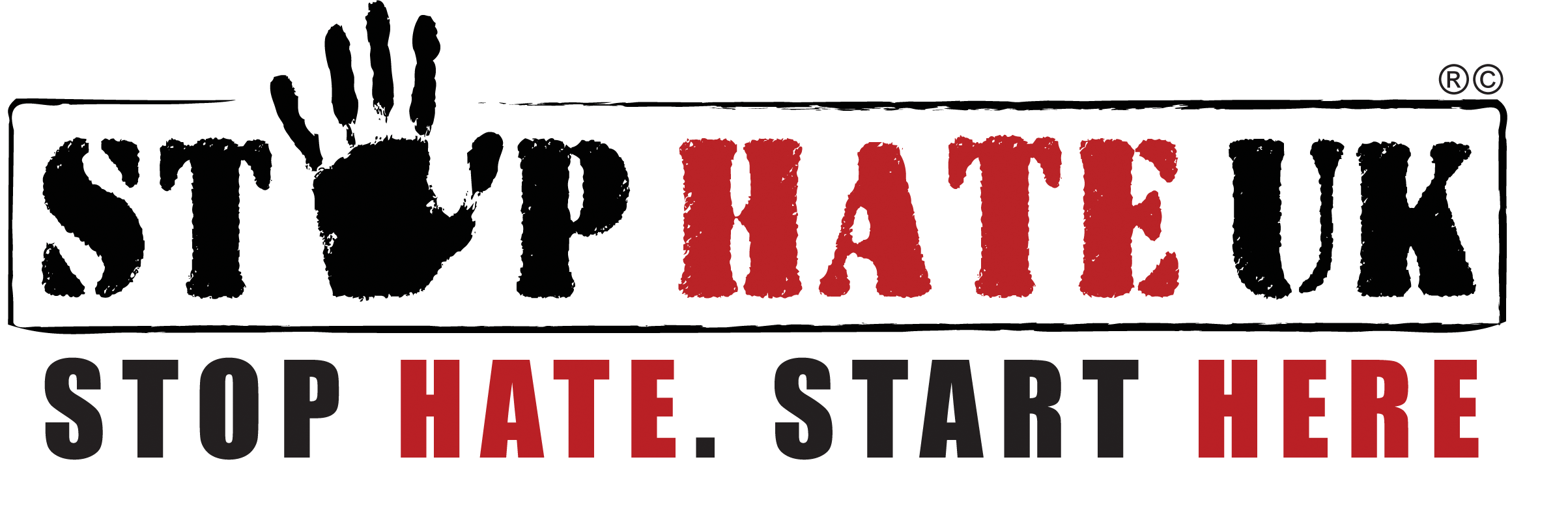Hate Crime Strands-based Specialised Courses

*More courses will be added soon.
Browse Our Courses
Free speech, Hate Speech, and Social Media – What is Lawful, What is Appropriate, and What is Not?
Description
This course will explore the balance between the right to freedom of speech and other rights enshrined in the Universal Declaration of Human Rights in the context of the use and abuse of social media.
Objectives:
For learners to understand the significance of this issue, particularly in the context of Hate Crime legislation, and have an awareness that the exercise of our freedoms carries both responsibilities and potential consequences for communities and individuals.
Learners will:
- Understand how the right to free speech is refined and restricted by other duties, responsibilities, and legislative and contractual obligations
- Understand how opinions attitudes and prejudice are influenced and shaped by unconscious bias, media bias, fake news, etc.
- Understand definitions of ‘Hate Crime’, ‘Protected characteristics’, and ‘Hate Speech’ as they relate to the online space.
- Understand the impact of Hate Crime / Hate Speech upon individuals and communities
- Understand the consequences of Hate Crime for the offender (including. sentence uplift and examples of prosecutions)
- Be able to identify appropriate responses to Hate Speech encountered online, via reporting, counter-messaging, counter-narrative, blocking, etc.
- Know where to seek further appropriate advice, support, and guidance
Course audience
General
Duration
3 hours
Method of Delivery
This can be delivered both online or face-face. In addition to formal presentation, delivery methods can include small group discussion, Q & A sessions, scenario-based learning, etc.
This course is developed and presented by our team members who are experienced in the fields of Hate Crime and the Online space
Please contact info@stophateuk.org for further enquiries.
Islamophobia Awareness Training
Description
Every day up and down the country, we witness the incredible bravery and strength it takes to report all forms of hate. For many years, Muslim communities across the UK have told us of the hate and discrimination they have experienced and ways this has often intersected with different parts of their identity. Mainstream media reporting about Muslim communities continues to contribute to an atmosphere of rising hostility towards Muslims in the UK and on a global level, has represented Muslims as underdeveloped, illiterate, homeless and orchestrators of failed states. We see this manifest on our streets, in our schools, and across workplaces through the reports we receive, where Muslims are being held back by widespread Islamophobia, racism and discrimination. Educating against islamophobia is integral to the work we do at Stop Hate UK.
Objectives:
- What are hate crimes/hate incidents?
- The impact of hate crime
- Islamophobia in the UK (With contextual examples)
- Islamophobia and the press
- The impact of secularism
- Online hate and how it contributes to Islamophobia
Learners will:
- Gain an understanding of Islamophobia and its impact on society and individuals experiencing it
- Develop individual skills and strategies for recognising and confronting stereotyping, prejudice, discrimination, and social exclusion
- Explore appropriate and safe responses, including reporting and upstander techniques
Course audience
General
Duration
1 hour
Method of Delivery
This can be delivered both online or face-face. In addition to formal presentation, delivery methods can include small group discussion, Q & A sessions, scenario-based learning, etc.
This course is developed and presented by our team members who have lived experience of faith related discrimination.
Please contact info@stophateuk.org for further enquiries.
Understanding systemic and structural discrimination
Description
Recent national and global events, including the murder of George Floyd, the Windrush scandal, and the legacy and challenge of slavery, have led to many debates in a variety of settings. The growth of social movements, for example, Black Lives Matter and #Metoo have in recent times raised the issue of how systemic and structural discrimination operates, reproduces itself and becomes normalised in the everyday. This interactive session will enable participants to consider these issues and work a way through to how they could uproot deeply ingrained discrimination from institutions.
We will cover the following with you:
- Understanding the concepts of systemic and structural discrimination.
- How is systemic and structural discrimination experienced and impact the lives of communities and different groups.
- Developing responses to challenge systemic and structural discrimination.
- Your role and responsibility as an individual and institution.
- The role of Stop Hate UK.
At the end of the session, you will have:
- A deeper understanding of systemic and structural discrimination.
- Awareness of the everyday and long-term effects of systemic and structural discrimination.
- How to respond and support marginalised individuals and groups within and outside the workplace.
Course audience
This is open to all who are interested in gaining a working knowledge of systemic and structural discrimination in the UK
Duration
2.5 hours
Method of Delivery
This session can be delivered both online and face-face by our team of expert trainers. We use a variety of methods including small-group discussions and question and answers sessions, presentation of data, research and resources to support your work, and both scenario-based ad reflective learning.
Please contact info@stophateuk.org for further enquiries.
Hate Crime Awareness – Learning Disability
Description
Disabled people are still overwhelmingly likely to be victims of Hate Crime and are unaware they are being targeted or the consequences of such targeting.
This session aims to raise awareness of learning disability hate in a supportive and sensitive manner to enable participants to recognise when they or others are subject to such behaviour. The session unpacks the social model of disability and explains how this approach is important to supporting victims of Hate Crime and breaking barriers that create disability. Protecting disabled people from hateful behaviour is vital and knowing how to report and who to report to underpins this session.
This training has been developed with direct input and consultation from disabled people.
We will cover the following with you:
- Definitions of Hate Crime
- Social, historical, and political context of Hate Crime, and the current legislative framework (Criminal and Civil)
- The impact of hostility on individuals and communities, both offline and online
- Current reporting trends, barriers to reporting and the range of reporting options available within communities.
At the end of the session, you will have knowledge of:
- Current drivers and impact of Hate Crime in communities.
- How to respond and support local communities to address Hate Crime
- Reporting mechanisms for both online and offline hate
Course audience
General
Duration
2 hours
Method of Delivery
This session can be delivered both online and face-face by our team of expert trainers.
We use a variety of methods including small-group discussions, presentation of statistics and research relating to Hate Crime, and scenario-based learning as well as an opportunity to ask questions for follow-up either within the session or afterwards.
Please contact info@stophateuk.org for further enquiries.
Hate Crime and False Befriending Awareness for Community Groups – Learning Disability
Description
People with disabilities sadly, all too often, experience Hate Crime in many ways. Many people with Learning Difficulties are unaware they are being targeted or the consequences of such targeting: this is known as False Befriending or Mate Crime.
This session aims to raise the issue of Hate in a supportive and sensitive manner to enable participants to recognise when they or others are subject to such behaviour. Support workers and support groups can also play a key role. Protecting their clients from hateful behaviour is a vital part of support role and knowing how to report and who to report to underpins this support.
We will cover the following with you:
- Explain what Hate Crime is
- Explain some of the signs of victimisation
- Explain why is it important
- Explain how to get help and report
At the end of the session, you will have knowledge of:
- Understand what Hate Crime is
- Understand why it is important that we are all aware of it and what to do if we experience or witness a Hate Crime
- Understand why it is relevant to them
- Understand how to report and what to expect when they do
Course audience
General
Duration
2 hours
Method of Delivery
This can be delivered both online or face-face. This course is developed and presented by our team members who are experienced in the fields of Hate Crime and education.
The session is presented in an easy to understand and supportive format that could include small-group discussion, sharing of experience, and scenario-based learning as well as an opportunity to ask questions for follow-up either within the session or afterwards.
Please contact info@stophateuk.org for further enquiries.

